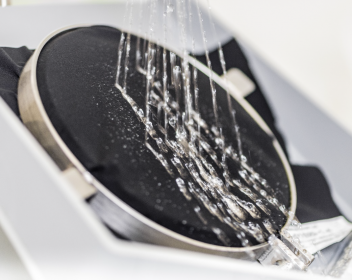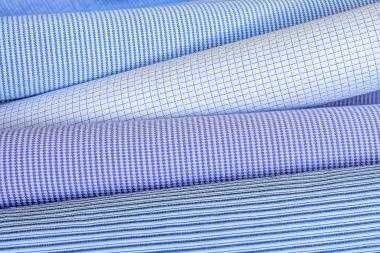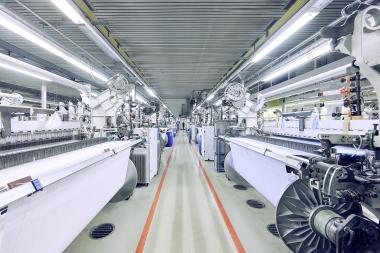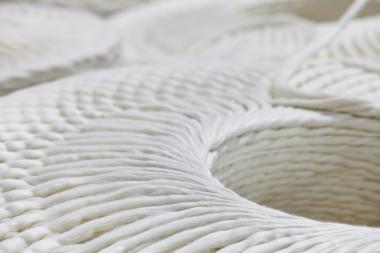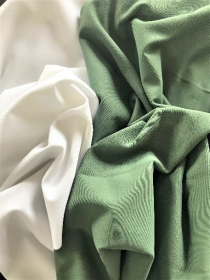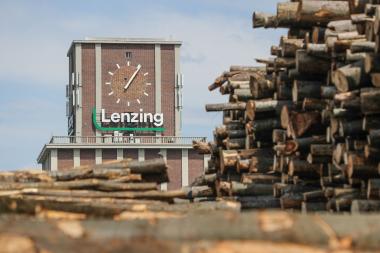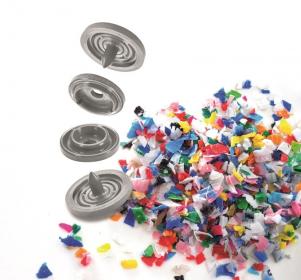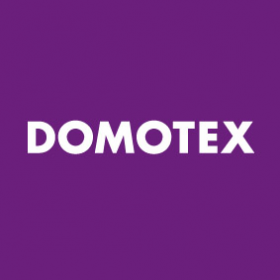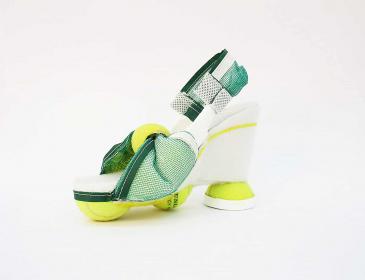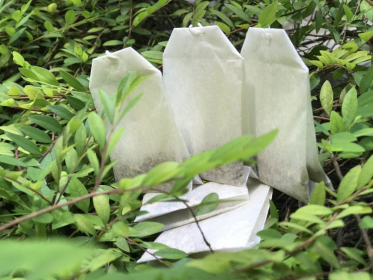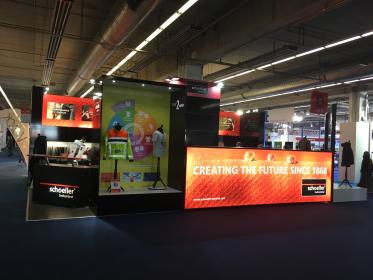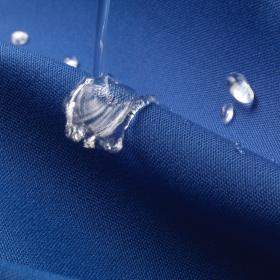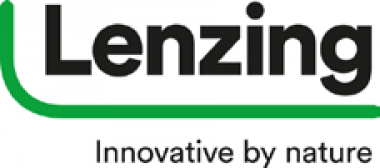HeiQ: PFC-free DWR with dry cleaning durability
Swiss textile innovator HeiQ launches new fluorocarbon-free (PFC-free) products in their HeiQ Eco Dry product family for a full range of durable water repellence (DWR) technologies, for outdoor apparel to footwear and fashion. The newly introduced products are durable to dry cleaning.
Consumers of water repellent jackets, pants and footwear think it is important that products are made of environmentally-friendly materials and are PFC-free1. HeiQ Eco Dry is a family of innovative, eco-friendly and PFC-free water repellent textile technologies that provide protection against water and water-based stains. As of August 2018, HeiQ Eco Dry has a brand awareness of 8% in the US among water repellent gear consumers1. By adding new products to the range, HeiQ now has a broad range of DWR solutions for outdoor apparel, footwear and fashion markets.





